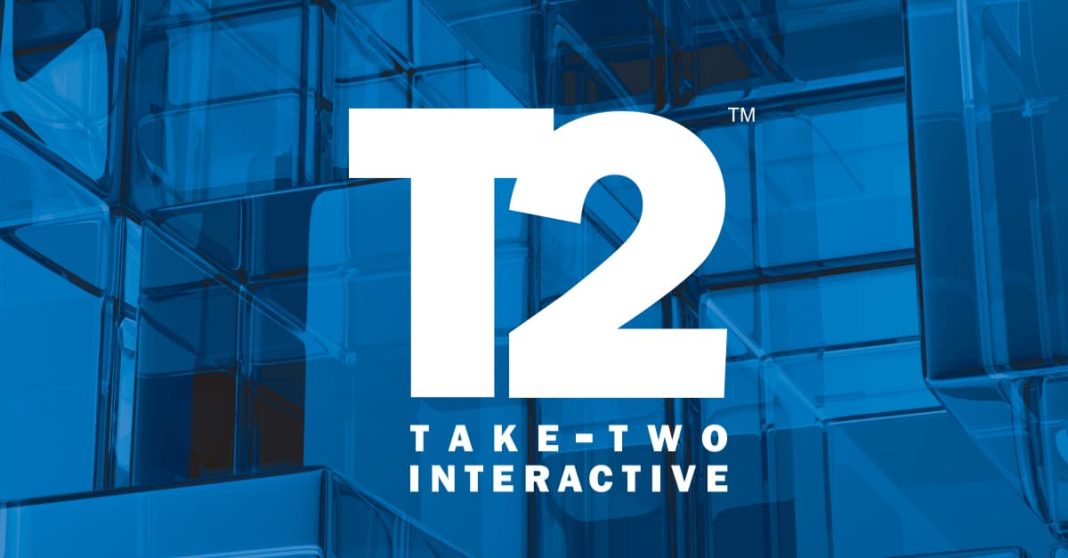In a surprising turn of events, game industry giant Take-Two Interactive has thrown its legal weight against Remedy Entertainment, the creators of iconic titles such as Max Payne, Alan Wake, Quantum Break, and Control. The legal dispute centres around Remedy Entertainment’s recently unveiled logo, with Take-Two alleging copyright infringement due to its resemblance to Rockstar’s distinctive “R” logo.
Remedy Entertainment, known for its narrative-driven games, introduced its new logo designs to the public in April 2023. The revamped identity featured a stylized letter R and an alternative version incorporating the word “Remedy” beneath it. The logos, characterized by a white letter R enclosed within a black box, offered various colour variations. Thomas Puha, Communications Director at Remedy Entertainment, explained the decision to redesign after two decades, highlighting the need to move away from the Max Payne era symbol represented by a bullet. Puha emphasized that the new design aligns more closely with the company’s current direction.
However, Take-Two Interactive swiftly responded with a trademark dispute filed in the UK, asserting that Remedy Entertainment’s redesigned logo, submitted to Intellectual Property Offices in the UK and EU in 2023, bears a striking resemblance to Rockstar’s iconic emblem. The claim contends that the similarities between the two logos could lead to confusion among gamers. These disputes were officially lodged in May 2023, just a month after Remedy Entertainment unveiled its redesigned logo. Despite the passage of time, no resolution has been reached as of now.
This legal confrontation is not the first time Take-Two Interactive has pursued copyright claims against potential infringement. Previously, the company opposed Hazelight Studios’ attempt to register a trademark for “It Takes Two,” arguing that the title closely resembled Take-Two’s brand and could cause confusion. Ultimately, Hazelight Studios abandoned its trademark registration efforts for the game.
Examining the logos in question, both prominently feature the letter R as a central element. Remedy Entertainment, however, defends its position by asserting that the styling of the letter R aligns with the thematic elements present in their games, particularly those involving time-shifting and time-altering mechanics, as seen in titles like Control.
What adds a layer of complexity to Take-Two’s claims is the ongoing collaboration between Take-Two Interactive and Remedy Entertainment on remakes for the first two Max Payne titles. While both companies are working together to bring these classic games to next-gen consoles, there is no official confirmation regarding release dates. The existing working relationship and shared history between Take-Two and Remedy are unlikely to play a role in the ongoing copyright infringement dispute.
As the legal battle unfolds, industry observers are keenly watching the outcome, curious about the implications for the creative freedom of game developers and the extent to which trademark claims can be applied in an industry marked by artistic expression and innovation. The dispute raises questions about the fine line between protecting intellectual property and stifling the evolution of visual identities within the gaming landscape. As stakeholders eagerly await a resolution, the case serves as a reminder of the delicate balance that must be struck between the protection of creative assets and the fostering of a vibrant and inventive gaming industry.


